Pottasium Cyanide
$400.00
Pottasium Cyanide
Potassium cyanide (KCN) is a highly toxic compound that contains cyanide ions (CN^-), which interfere with the body’s ability to utilize oxygen, leading to cellular asphyxiation.
Pottasium Cyanide
Potassium cyanide (KCN) is a highly toxic compound that contains cyanide ions (CN^-), which interfere with the body’s ability to utilize oxygen, leading to cellular asphyxiation. Here’s an overview of its properties and uses:
Properties:
- Physical Form: Potassium cyanide typically appears as white crystalline granules or powder.
- Solubility: It’s highly soluble in water, and the resulting solution is highly toxic.
- Odor: It may have a faint bitter almond odor, though this scent is not always detectable, and not everyone can perceive it.
- Toxicity: Potassium cyanide is extremely toxic, with ingestion or inhalation of even small amounts leading to rapid and potentially fatal poisoning.
Uses:
- Chemical Industry: Potassium cyanide is utilized in various chemical processes, including the production of other chemicals such as cyanuric chloride and potassium gold cyanide, which are used in electroplating and gold mining.
- Metal Processing: It’s used in metal processing and refining, particularly in the extraction of gold and silver from ores.
- Laboratory Reagent: In controlled laboratory settings, it may be used as a reagent in certain chemical reactions.
- Suicide and Homicide: Tragically, potassium cyanide has been used in suicide attempts and homicides due to its high toxicity and rapid action.
Safety and Handling:
- Safety Precautions: Potassium cyanide is a highly hazardous substance, and appropriate safety measures must be taken when handling it. Protective clothing, gloves, and eye protection should be worn, and all contact with the substance should be minimized.
- Storage: It should be stored securely in a designated area with restricted access to prevent accidental exposure.
- Disposal: Proper disposal methods must be followed to prevent environmental contamination and harm to living organisms. This often involves neutralizing the cyanide with appropriate chemicals before disposal.
- Regulation: Potassium cyanide is regulated in many countries due to its toxicity and potential for misuse. Its sale and distribution are typically tightly controlled.
It’s important to emphasize that potassium cyanide is not only toxic but also lethal, and its handling and use should be left to trained professionals in controlled environments. Any suspected exposure to or ingestion of potassium cyanide requires immediate medical attention, as prompt treatment may be lifesaving. If someone is at risk of harm due to potassium cyanide poisoning, emergency services should be contacted immediately.

| Weight | 15g, 1kg |
|---|
Reviews
There are no reviews yet.
Related products
Hallucinogens
Hallucinogens
Hallucinogens
Hallucinogens
Hallucinogens
Hallucinogens
Hallucinogens
Hallucinogens

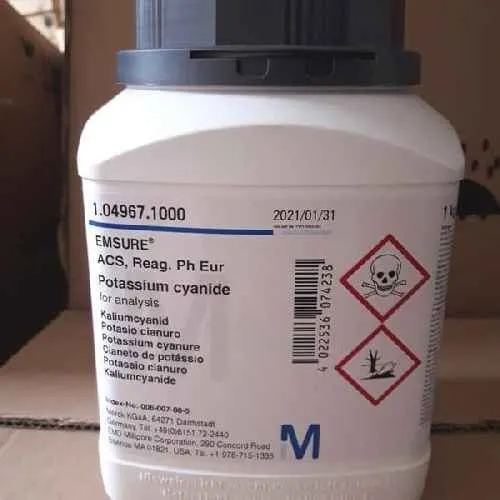





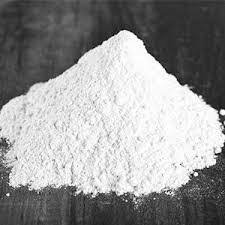
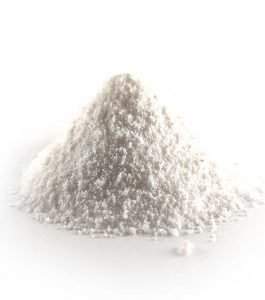

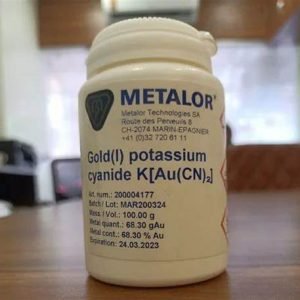

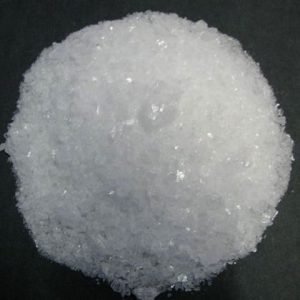
Be the first to review “Pottasium Cyanide”